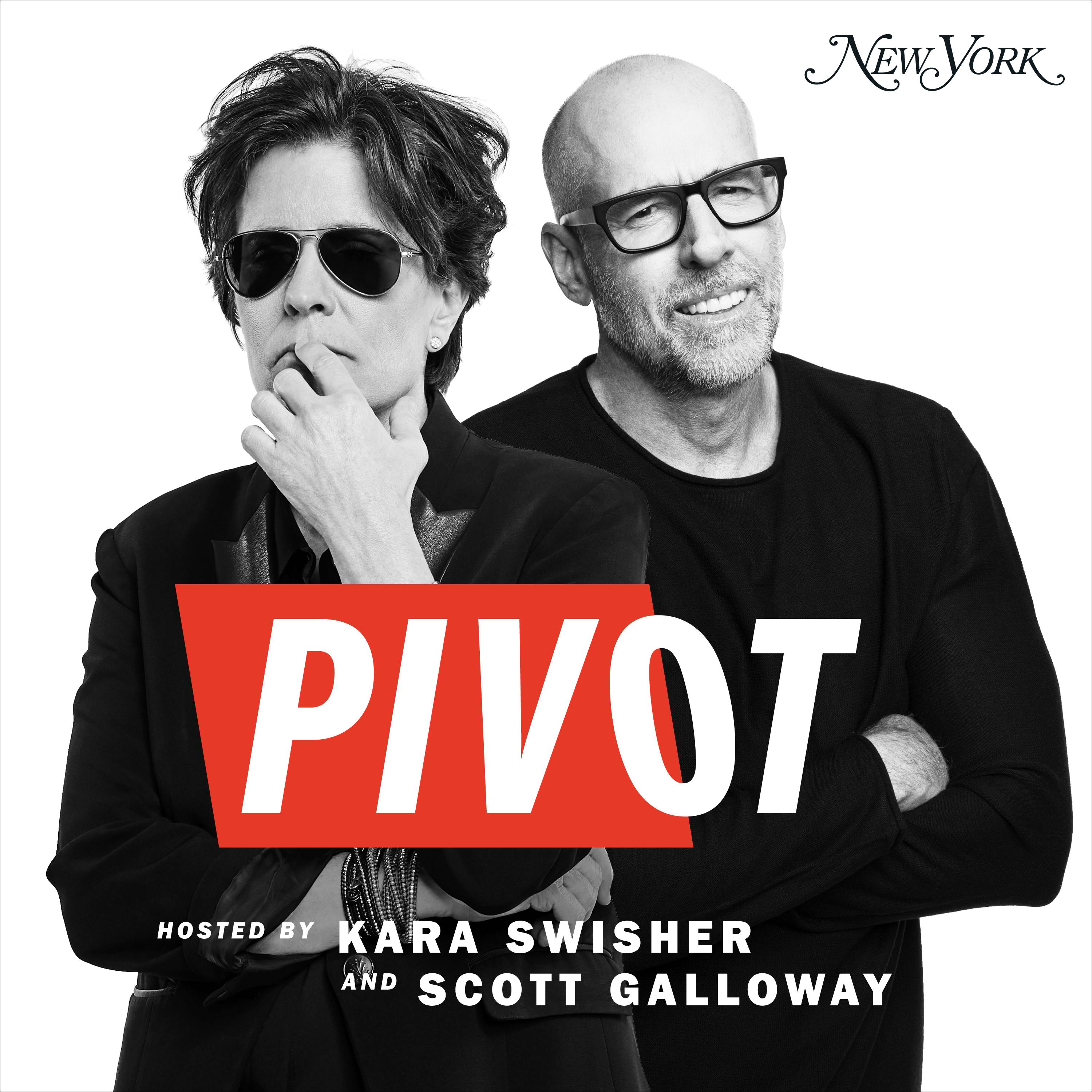PortalsOS
Related Posts
Vote to see vote counts

Mark Zuckerberg believes that glasses will be the next computing platform device. They allow you to stay present in the moment, unlike phones, and are ideal for AI because they can see what you see and hear what you hear.

There is concern about the societal impact of AR glasses, as they might lead to people pretending to engage in conversations while being distracted by other tasks.

The transition from smartphones to smart glasses to BCIs (brain-computer interfaces) is seen as a natural progression towards human-machine symbiosis.
The main advantage of AI in glasses is providing context-aware assistance throughout the day, which is not feasible with a smartphone.
Mark Zuckerberg claims he can type 30 words per minute using the neural band on Meta's new glasses. This is achieved through auto-complete with slight wrist and finger gestures.
Mark Zuckerberg believes that AI and super intelligence are going to be the most important technologies in our lifetime. He argues that AI will change how companies run, how products are built, and what products are possible, fundamentally altering the landscape of innovation.
Mark Zuckerberg highlights the importance of affordable AI glasses, suggesting that the profit margin will come from AI services rather than the hardware itself. He emphasizes the goal of making the technology as accessible as possible.
Meta is investing billions into developing a new platform combining display glasses and AI, believing it to be the future of technology. They are motivated to create a product that seamlessly integrates into everyday life.
Mark Zuckerberg discusses the potential for a neural band to become a platform on its own, interacting with various electronics and devices. He envisions it having an API that could integrate with smart home systems, expanding its utility beyond just glasses.
There is a concern that AR glasses could lead to a lack of genuine human interaction, as people might use them to multitask during conversations.